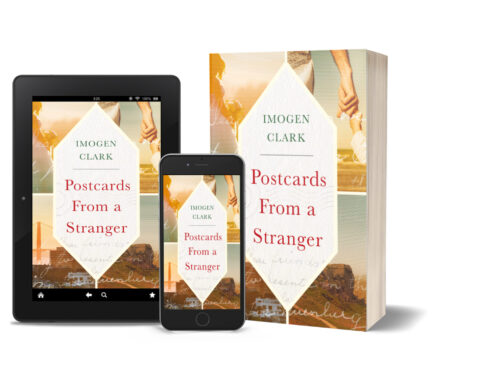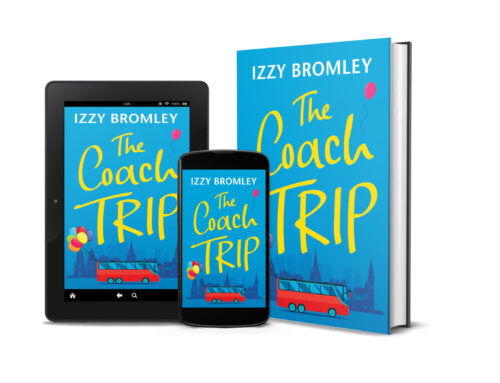So the first year of my six year marathon to get an English Literature degree is almost over. All assignments have been duly completed and marked and I just have the end of module assessment left to tackle. However, since I began, the academic environment has changed and is now looking somewhat different – about £27,000 different.
Studying with the Open University means that my contact with other students has been somewhat limited. However, I am a member of a facebook group of people all doing my course and currently standing at over 1,000 strong. The reasons why people are on the course are many, varied and endlessly fascinating to me. Hardly anyone seems to be just there for fun and there aren’t nearly as many Third Agers as I had supposed. Instead there are lots of people who need a degree to change their life’s direction, progress their career or because their health prevents them from following the more traditional route.
There are also a fair few young people who are going down an online route because it is simply far more financially viable. Not only are the fees considerably more reasonable but distance learning allows you to fit your studies in around a job so that you can support yourself as you go and don’t have to incur all the expense of living away from home. I’ve been very impressed so far. The course material is excellent and leaves what I gleaned from one or two of my flesh and blood lecturers standing and the support that I have had from my tutor has also impressed me.
And this has got me thinking. Until now I had only really thought of two possibilities with regard to my own children’s post school education. Either they would want to go to university or they wouldn’t. I kind of assumed that they would want to go and that making a sizeable contribution to the cost of that was something that we, as parents, would strive to do.
But is that the right approach now? I Back in ’85 when I left school, going to University was what me and my friends did next. We took our A levels and either got the grades and went where we’d hoped or we found a place through clearing and did something that sounded like it might be fun. Very few chose a different path. However, a lot of the people at the OU seem to be deciding that incurring the necessary levels of debt with no guarantee of an increased earning power at the end is not a risk that they are prepared to take. Many of them seem to have rejected the traditional appeal of a brick university for the flexibility of a course undertaken in your own time and at your own pace.
The downsides of this are obvious though. My second degree is a personal challenge and something that I am somewhat self indulgently fitting in between my other commitments. How far would I have got I the cut throat world of corporate law with an LLB from the Open University? Obviously I can’t know the answer to that but I can have a jolly good guess. But maybe as more and more people choose to undertake their higher education in a less than traditional way, these stigmas will be eroded?
Now that it’s become so expensive and will result in a lifetime’s debt, youngsters may begin to wonder if it’s really for them. Unless they have a vocation or are truly bright, is it really the right decision to delay entering the work place for three years or might they be better finding a job and then studying for a degree should they need one in an alternative way? Maybe there are other ways of skinning the cat? Just a thought.






